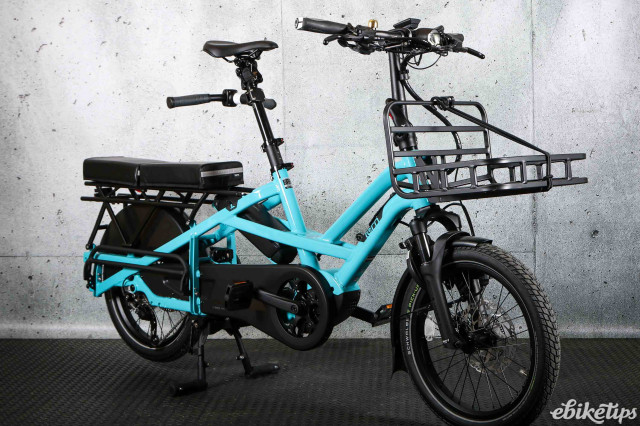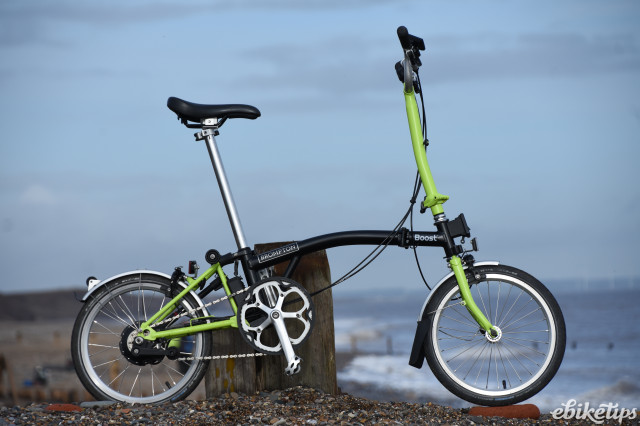The Eli Zero is technically classed as a quadricycle, but there are no cycle-specific components present so let's go with electric microcar. It's around 50% smaller than a Mini so probably about the smallest car-like object you are likely to see on the road.
At a squeeze it will take two medium sized passengers and it also has a small boot. The Zero is mainly constructed from recyclable polypropylene and aluminium, has a high torque electric drive with regenerative braking, a 5.8 kWh battery and a claimed range of 70 miles.
Further features include power-assisted steering, sunroof, dual beam lights and indicators, wipers and heating and cooling systems plus a rear-view screen.
The Eli Zero hit the news recently as the company celebrated the sale of its first 100 vehicles worldwide. This may not sound like a great achievement but consider this is a virtually new class of vehicle designed, made and launched by a Californian start-up with a Chinese manufacturing partner, but with a European target audience firmly in its sights. They've achieved the seemingly modest sales target on a global stage hit by Covid, supply chain constraints and the economic effects of a war in eastern Europe. That's no mean achievement. After all, Citroen have only just announced UK pricing for the Citroen Ami e-microcar that has been appearing seemingly forever (well, for many, many months at least).
The actual driving experience is said to be a blend of 'real' car and golf cart. (In a good way - manoeverable and user friendly.)
Will it succeed?
Eli said the overwhelming message from distributors after selling the first batch run of 100 was 'build us more'.
The first production run was announced in September 2021 and launch price was reportedly in the region of $12,000 (or the Euro/Sterling equivalent). Despite the Eli Zero being made to the US Neighborhood Vehicle legal specification - meaning a max speed of 25mph - Europe is most firmly in Eli's sights.
According to Eli founder and CEO, Marcus Li, varied state traffic laws in the US make it a more difficult sell there. However in a lot of European cities - for example in Paris - they now have a very strict legal speed limit of 19 mph, and the company sees that being a trend in other European cities like Vienna and Amsterdam.
Whilst the top speed won't be for everyone, there are distinct advantages to the Eli Zero, such as the handy parking size, low running costs, relatively low purchase cost (compared to a full blown new electric car), plus the ability to fully charge direct from the mains in six hours.
There's also surely a niche market here as those with provisional licences can drive light quadricycles unsupervised.
Prices for electric micro-cars seem to be grouping either side of the £10,000 mark. The rest of the group includes the pricey Renault Twizy - priced from £11,995 in late 2021 (to be replaced by the Mobilize Duo in 2022) and the much more keenly-priced Citroen Ami (from £7,695). (If you want a new micro-car with full-size car speed you are probably looking at around £20,000 for a Smart two seater.)
The Eli Zero is currently available in Austria, Germany, Italy and the Netherlands for around 14,000 euros (the exact price varies slightly from country to country).








